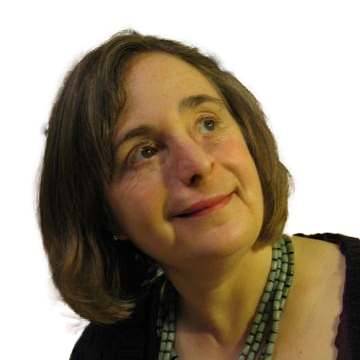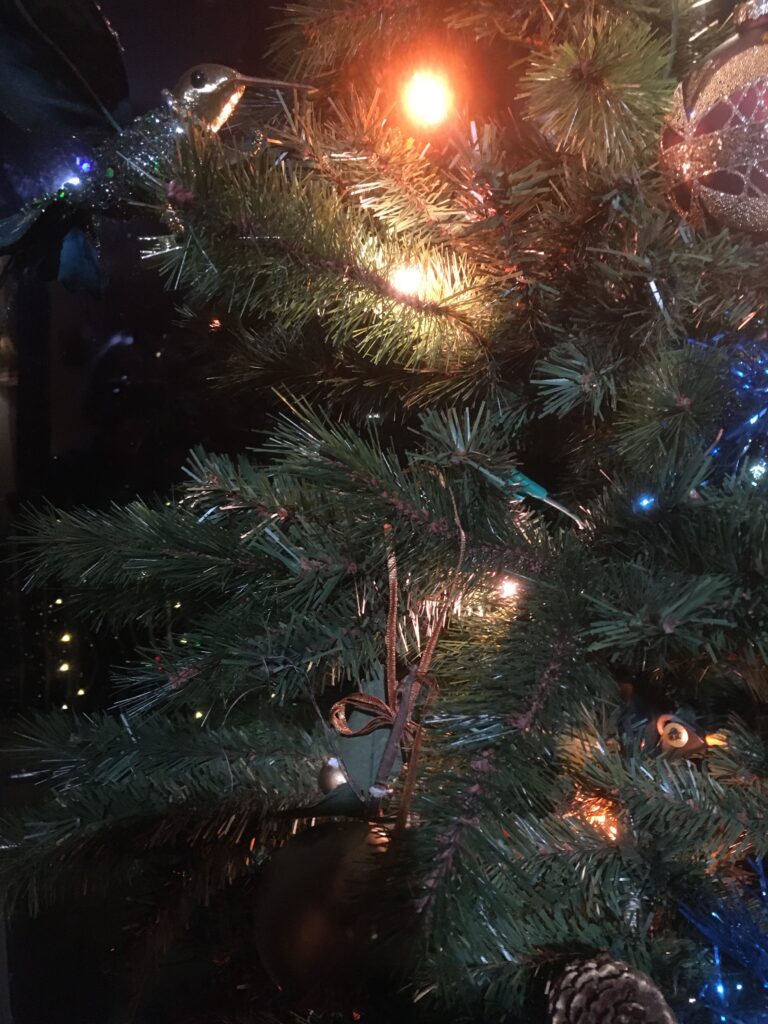This January, the Bryn Glas Blog has a guest post from A G Rivett, who writes about the sense of Otherness that is an essential part of being human. How that is conveyed – or not – through the way we mark ceremonies.
*****
Seen on a tee-shirt emblazoned across someone’s chest: Is it over yet?
Yes, it’s over: Christmas, New Year, Epiphany, and we can get back to normal life. And for me, as I guess for many of us, it’s something of a relief. High streets have been lit up with fancy lights since late November. Houses soon followed, and the first Christmas songs were detected in early December. Now the decorations have come down and the cards, kindly meant, gladly received, have been consigned to the recycling bin.
A relief, yes. Yet something remains: some sense of – may I call it Otherness?
The year has turned. In the garden a camellia is opening its rose-pink flowers and the first yellow threads of the witch-hazel are showing. Even, unbelievably, an early crocus is emerging, full of hope.
Here in rural West Wales the seasons are clearly marked, moving from one into the other with changes in the plants all around, and in the animals that we live amongst. Soon the frogs will be croaking around the pond and the woodpeckers will be drumming, and before we know it the chiff-chaffs will be calling from the copse.
Our societies have developed with ceremonies to mark these changes. Going back to pre-Christian days we marked the solstices and equinoxes and the cross-quarter days of Samhain and Imbolg, Beltain and Lammas. Today, there is an increasing interest in marking these ceremonies once more. Back then as the missionaries began to arrive from Rome in the seventh century, these festivals were Christianised. Now we have Easter and Christmas, Harvest Festival and All Saints’ Day. But as people have massively turned from the Church, we’re in danger of losing our festivals. For many, all that is left is Halloween, with its trick-or-treat, its pumpkins and ghosts, followed by Christmas, a nebulous fog of reindeer and snowmen, holly and robins, to try and persuade us to buy more tat.
We need our ceremonies, to mark not only the turning of the year, but the stages of our lives: welcoming a new-born child; coming of age; forming a life-partnership; saying goodbye. We need the occasional change from routine to mark something Other.
It’s my belief that almost everyone has a ‘religious’ sense – although some prefer to call it ‘spiritual.’ It’s part of being human. And while the God-word is a big turn-off for many, still the sense of otherness remains. Why else do we say to each other: Look! There’s a rainbow!
The other day I was reading a book by A.C.Grayling, The God Argument: an attempt to disprove religion by logic. He was quite right: this religious sense is not logical. Every attempt to prove God by reasoning fails. But as every Trekkie knows, Spock becomes comical when he pursues his reasoning to its logical end, for we are more than mere logicians.
So I make no apology for bringing a sense of Otherness into my writing. The people of my imaginary Isle Fincara have a variously developed sense of this: it may be nothing like as strong in people like Murdogh and Padragh as it is among the Guardians, that mysterious body of thirteen who take counsel for the good of the Island. Ceremonies are an important part of what keeps this sense of Otherness alive among the Islanders. And they have plenty of them: not only the quarter-days and cross-quarters and Easter, but ceremonies for the rising of the moon, for marking the righting of a wrong.
But their view of the Other is distinct from what we commonly call God. For in many people’s minds it remains difficult to separate ‘God’ from a picture of an anthropomorphic super-ego: a Big Daddy in the sky wagging a finger at bad people while smilingly beckoning the good to join him on a cloud. Except what’s bad or good seems to differ according to where and among whom you were born. No wonder people reject such a scene!
The islanders in my imaginary world see God as the masculine side of the Mystery of Being, balanced by Ghia or Earth Mother, the feminine face.
In the Prologue of The Priest’s Wife I wrote of the sidhe, the other-worldly manifestations of the Divine, that ‘more and more, people are closing their minds to us. In the meadows of Caerster they no longer bless the fields on Bride’s Day. We are forgotten, or denied, or denounced…’ So these Islanders too, as they forget the sacredness of heaven and earth, are losing their ceremonies.
Yes, it’s over: that splurge of candied confection that has become Christmas. Yet in all that sugar-sweet bath-water there’s a baby of very real value. I won’t mourn if we lose our commercial Christmas altogether. But that sense of Otherness that is the essence of the Christmas story is a part of being human; and when we lose that element in our ceremonies, we lose an important part of our humanity.
*****
A G Rivett is the author of the Isle Fincara Trilogy. The first two books, The Seaborne and The Priest’s Wife, are out, published by Pantolwen Press. He’s still writing the third book, The Shareg. This morning we were thrilled to learn that The Seaborne gained a starred review from the prestigious Blue Ink Review site in the USA, meaning they rate it as ‘exceptional.’ It’s also got a good rating on Goodreads.
With all good wishes,
Gillian PB
17 January 2024


